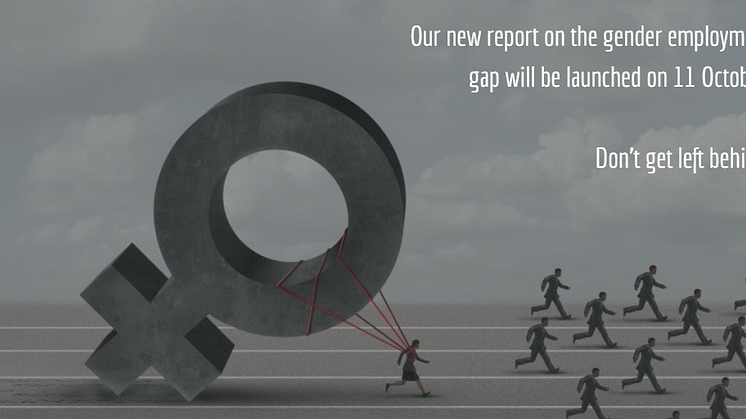Income inequalities and middle class squeeze
Income inequalities have increased between and within Member States, largely due to growing unemployment levels during the economic crisis.
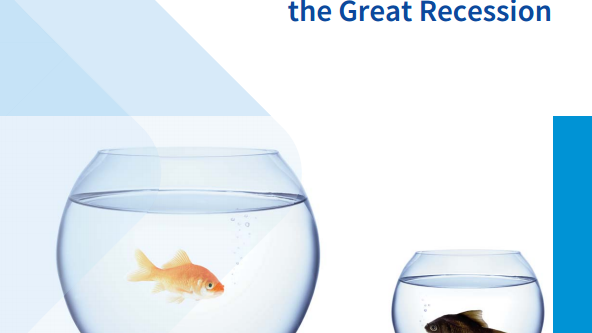
Income inequalities have increased between and within Member States, largely due to growing unemployment levels during the economic crisis.

In this blog piece, originally posted on Social Europe, Eurofound researchers Carlos Vacas-Soriano and Enrique-Fernández-Macías look at the development of income inequalities in Europe since the Great Recession.
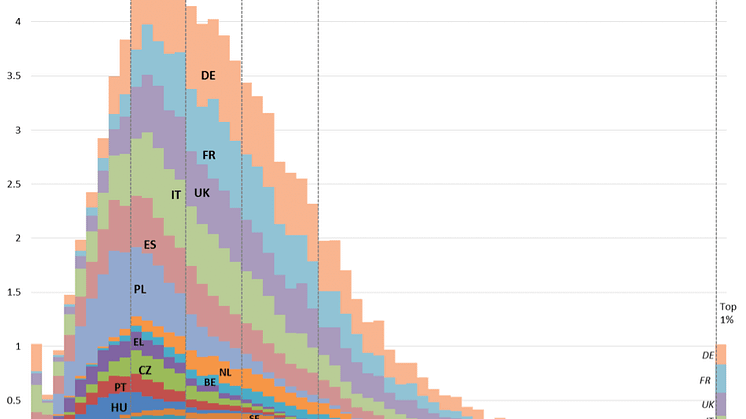
Income inequalities have increased in around two-thirds of EU Member States largely due to growing unemployment levels since the onset of the crisis. At the same time EU-wide income inequality also increased as income convergence between European countries stalled.

On the occasion of International Women's Day, Eurofound Senior Research Manager Massimiliano Mascherini looks at the impact of the gender employment gap on Europe.

The expanding use of digital technologies such as smartphones, tablets, laptops and desktop computers for work for home and elsewhere is rapidly transforming the traditional model of work. It can improve work-life balance, reduce commuting time, and boost productivity, but it can also potentially result in longer working hours, higher work intensity and work-home interference.

Dr Erika Mezger, Eurofound's Deputy Director, outlines that European Working Conditions Survey EWCS says about working conditions among German workers and how they compare to those of the rest of Europe.
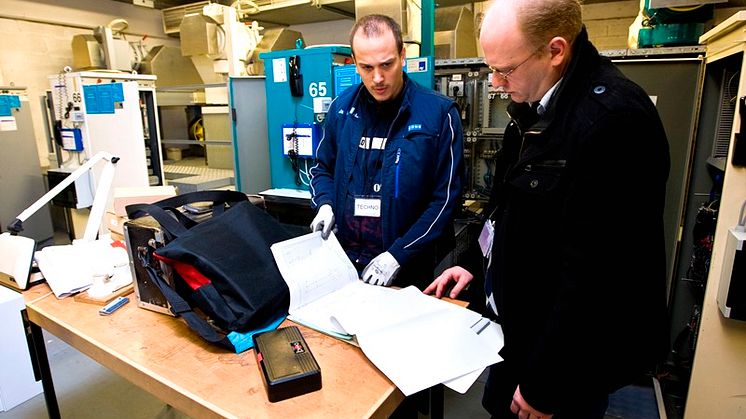
Our new publication Delivering hospital services: A greater role for the private sector? examines the role and contribution of the private provision of hospital services in the European Union. The report maps the extent of private provision across Europe, examines the drivers for increased private provision, describes how it takes place and presents the views of different stakeholders.

Eurofound has launched its new work programme for 2017 to 2020. This document sets out the activities the Agency plans to undertake in the next four years to support European decision-makers in formulating effective policies for the improvement of quality of life and work in a fair and competitive Europe during this challenging period.
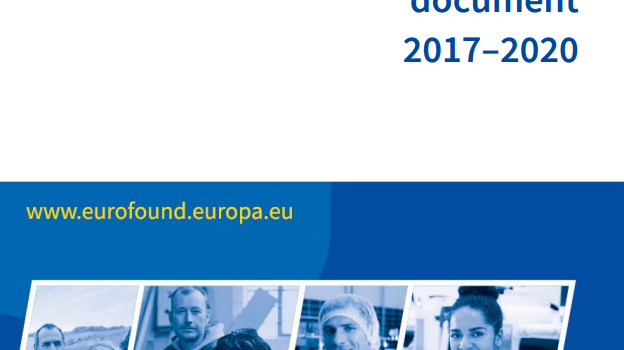
Making work sustainable is not simply a challenge for politicians and policymakers in the European Union: it is a fundamental issue that underpins the future of the world of work in Europe. It goes beyond the mantra of raising employment rates and deals with productivity and innovation – and the everyday lives of workers throughout the EU.

Eurofound’s new report takes forward existing research on the labour market integration of refugees (those with the officially recognised status of international protection) and asylum seekers (those who have applied for international protection and are awaiting a decision). The report provides updated information on legislation and practical arrangements in the first half of 2016, examines labour
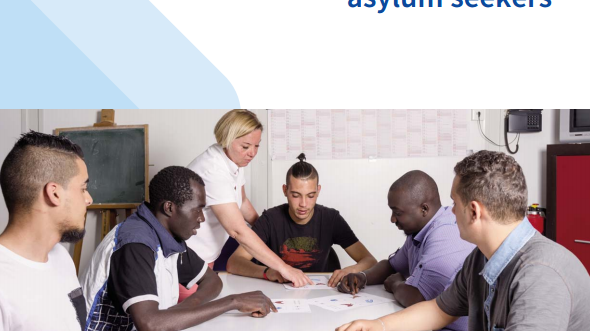
Two new studies presented today during the EU Agencies Forum at the European Parliament highlight the vast contribution of the 45 EU Agencies and Joint Undertakings to the economic and political development of the European Union

On 17 November, Eurofound launched the overview report of its sixth European Working Conditions Survey (EWCS) at a day-long conference in the European Parliament.
Since 1991, Eurofound has been using the survey to monitor working conditions in Europe. The report explores the findings of interviews with almost 44,000 workers in 35 European countries. It analyses the data using seven dimensions o

And even in the confused and contentious context of the new US President-elect as well as the EU’s post- Brexit deliberations, it is hard to argue otherwise.
But, while having a job in the first place is clearly of paramount importance to people - and society at large – there is also a more sophisticated issue at play with wider ramifications for the world of work and life today: the quality of

Come see how EU Agencies work and what they deliver to the EU at the EU Agencies Forum in the European Parliament on 6 – 7 December 2016

The overview report of the pan-European sixth European Working Conditions Survey #6EWCS is launched today 17 November 2016

Eurofound launches the overview report of its 6th European Working Conditions Survey (6th EWCS) at a joint event with the European Parliament in Brussels, Belgium, on 17 November 2016. Join the debate on Twitter at #6EWCS

In the following blog piece Eurofound Director Juan Menéndez-Valdés looks at the issue of the gender employment gap in Europe, and how the difference in labour market participation between women and men has far-reaching implications.

Il nuovo rapporto di Eurofound – "Gender Employment Gap: challenges and solutions” è stato presentato al Parlamento Europeo martedì 11 Ottobre 2016.
Nonostante il tasso di occupazione femminile sia aumentato durante la crisi economica, la divergenza nell’occupazione tra uomini e donne in Europa e nella maggior parte dei paeasi membri è ancora significativa. A questo proposito, il rapporto si co
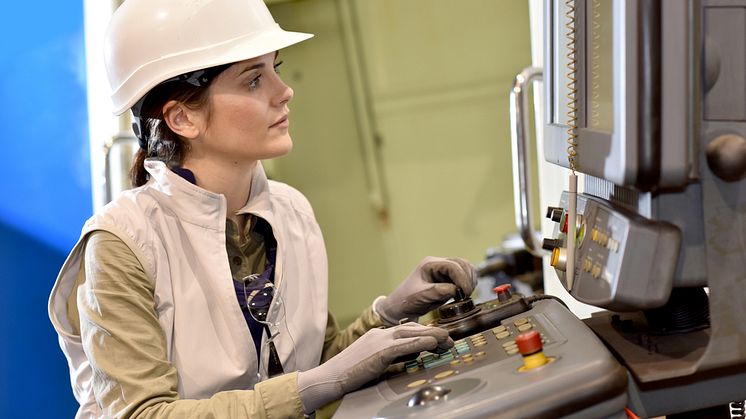
Our new report explores the main characteristics and consequences of gender gaps in labour market participation. It finds that the estimated cost of a lower female employment rate was €370 billion in 2013, corresponding to 2.8% of EU GDP. This does not include the unpaid domestic work performed by women who are not active in the labour market.

Eurofound's new publication The gender employment gap: Challenges and solutions will be presented to the European Parliament's Committee on Women's Rights and Gender Equality tomorrow at 5.00 pm (CET), and will subsequently be available to download directly from our website. Watch the presentation live at http://bit.ly/FEMMComm.
For further information please contact either our promotions team,
